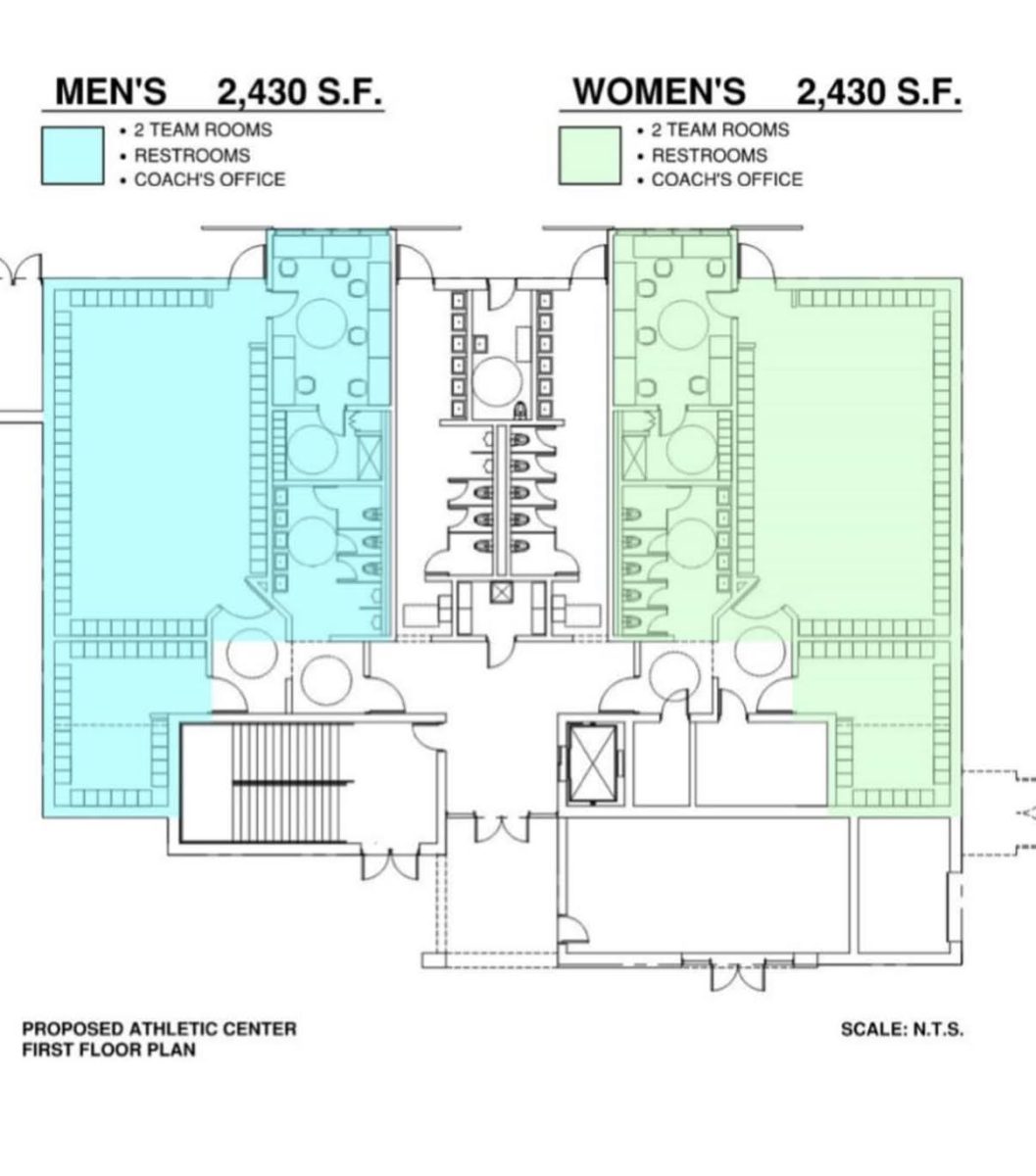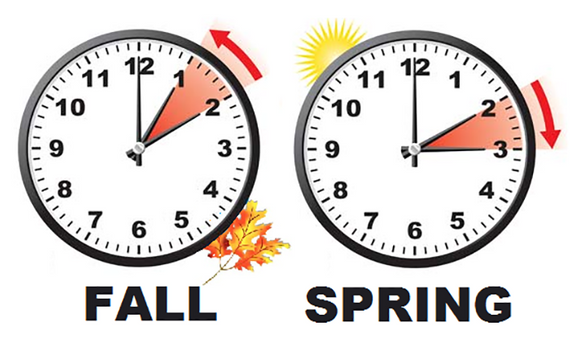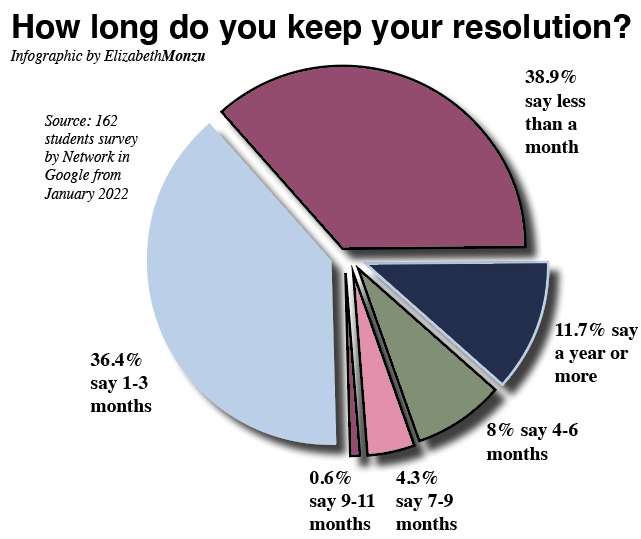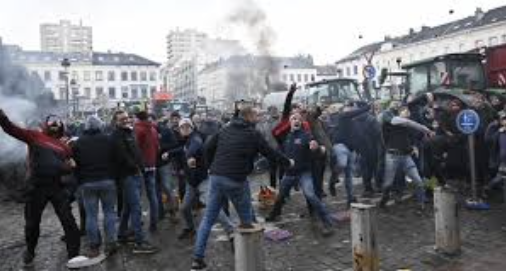Introduction
With all the strikes that happened last year, one would think that they would slow down this year, but no: there is another strike occurring in Europe that will have global implications if action is not taken, and soon. All across Europe farmers are currently on strike leading to agriculture industries in Germany, France, Poland, Hungry, Romania, and more to shut down. This strike is one of the biggest strikes ever seen across the world, and the effects of this strike are going to be felt internationally (BBC News).
Reasons for Strike
In simple terms, Europeans are protesting over falling incomes, high costs, climate change regulations, competition from cheap imports, especially from Ukraine, and a belief that the bureaucracy is interfering with their work and restricting their actions. Let’s break these reasons down further.
A majority of discontent stems from the European Union’s agricultural policies. The European Union has reformed their Common Agricultural Policy to make it more sustainable. For farmers this means that they must rotate their crops– an agricultural process where the crops planted in certain fields are, as the name suggests, rotated to maintain soil nutrients, ensuring healthy soil. However, this means that farmers are using less land and therefore harvesting fewer crops. The Common Agricultural Policy also calls for a reduction in fertilizer use by at least 20% and a minimization of water usage (Euractiv).
Farmers argue that these reforms make their jobs even harder and reduce their ability to successfully compete with imported goods, especially those from Ukraine. At the start of the Russian-Ukrainian War, the European Union permitted Ukrainian agriculture to flood the market, and since Ukrainian farms are significantly larger, they have a higher crop yield with lower costs. This creates an unintended problem where farmers across Europe cannot compete. Because of this, agriculturists have called for an end to Ukraine’s monopolized trade access, but so far nothing has been done (AP News).
Farmers have also been receiving direct payments from the European Union. However, recently, these payments have been late and are no longer sufficient as a result of inflation. Other factors that have contributed to this growing discontent are the rising cost of agricultural diesel and materials in general, because of inflation as well as the elimination of tax breaks on these items. Farmers are all frustrated and exhausted. Their jobs are already hard enough, and with all the government involvement, they are overwhelmed, overworked, and underpaid. They no longer see how they can make a living and are frustrated with the government dictating how to do their job (Time Magazine).
How They Are Striking
The countries that are currently a part of the protests include Germany, France, Spain, Portugal, Italy, Poland, Ireland, Scotland, Greece, Belgium, Hungary, the Netherlands, Lithuania, Czechia, Slovakia, Romania, and Bulgaria. Since farmers have so much equipment and pent-up frustrations, these protests are not just your normal walk-offs. The farmers are taking to the streets with tractors in hand intending to shut down the country until they get the change they desire. Across Europe, farmers are taking to the streets with their tractors and are blocking vital roadways. They are also dumping dirt, stones, rubble, and hay barrels onto these key roadways to shut down transportation (Time Magazine).
They have also been setting fire and pouring out any imports coming into their countries. They have been tearing up parking lots and roads with their tractors. In France, farmers even sprayed over 17,000 liters of sewage on government buildings as well as filled the center of Draguignan with sheep allowing the city to become overrun and unuseable. They have also lined hundreds of tractors onto K beach in France where the country’s president Emmanuel Macron has a vacation home. In Germany, thousands have taken to the streets with sirens and lights, infuriated that tax breaks on agricultural diesel are being phased out. They’ve created signs with phrases such as: “No farms, No food, No future” and “Agriculture is Dying” to get their message across to the common people and those in government. Farmers are taking to the streets with their outrage and giving everything they’ve got and more so that the common people know why they are struggling and demand change on their behalf (Time Magazine).
Effects Across the Globe
Across Europe, this year’s elections will surely be affected by these protests. The votes of millions could change depending on what the candidates say and even do regarding the protests. But, the effects of this strike are not limited to Europe considering how many countries such as the United States rely on Europe for imports of agriculture. As of 2022, The United States imported 20 billion dollars worth of food from Europe with this number rising in the subsequent years (Statista).
Now, if there is less food grown in Europe, then the food imported to the US is restricted which means supply decreases, but demand remains the same; therefore, prices will soar. These price surges will even hit suburban towns like Caldwell. Since the pandemic, the cost of fruits and vegetables has already hit an all-time high. When told and asked what he thought, a local man had this to say about the situation: “Unfortunately, prices are bound to go up which is something I’m not looking forward to, nor do I want it, considering that the prices of food are already way too high for my family and I who spend nearly $200 weekly on groceries alone.”
There is no telling what the long-term effects of this protest will be, but for now, the protests are going to affect us all. So, we can only hope overseas that an agreement is met promptly and that farmers can go back to work soon.



























